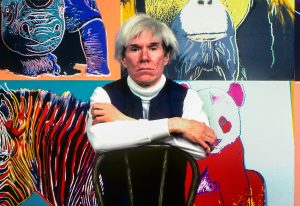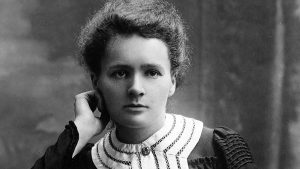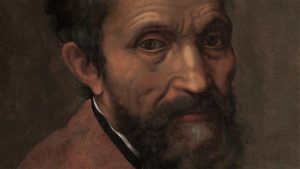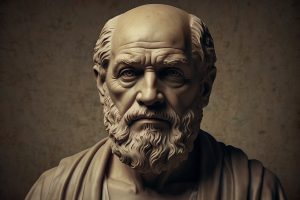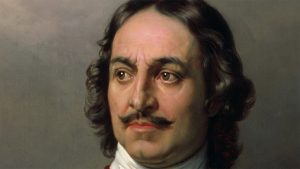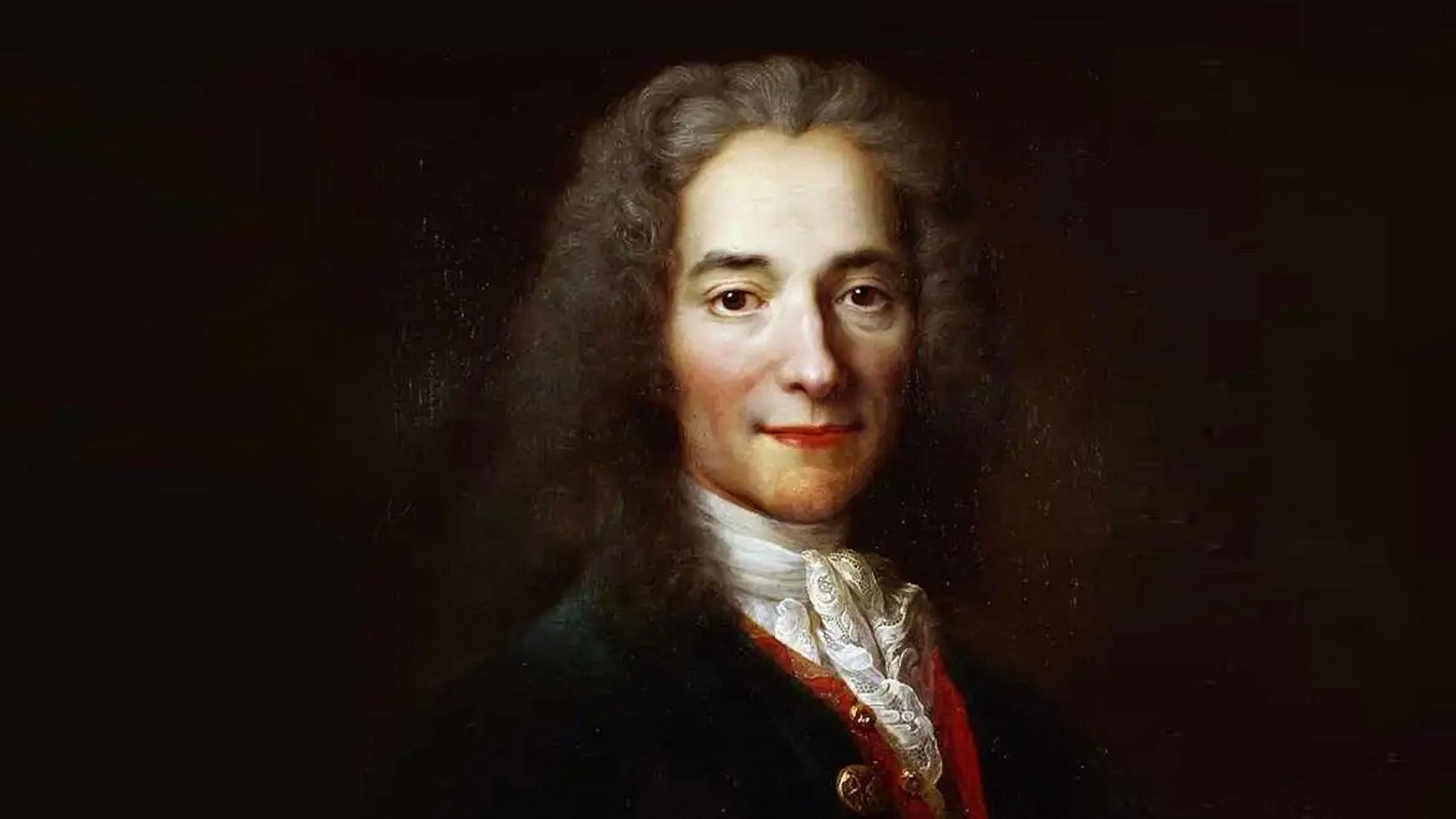
33 interesting facts about Voltaire
- 👁️ 1327
Voltaire, born François-Marie Arouet, was a towering figure of the Enlightenment, a period that championed reason, science, and individual rights over tradition and dogma. Renowned for his wit, his criticism of the Catholic Church, and his advocacy for freedom of speech, religion, and separation of church and state, Voltaire left an indelible mark on the intellectual landscape of the 18th century. His prolific output included plays, poetry, essays, historical and scientific works, over 21,000 letters, and more than two thousand books and pamphlets. Voltaire’s legacy is as complex as it is vast, embodying the contradictions and the fervent quest for progress that characterized the Enlightenment. Let’s explore some interesting and informative facts about Voltaire that highlight his life, work, and enduring influence on modern thought.
- Voltaire was born on November 21, 1694, in Paris, France.
- His famous nom de plume, “Voltaire,” is an anagram of “Arouet l.j.,” which stands for “Arouet le jeune” (Arouet the young).
- Voltaire was imprisoned in the Bastille for nearly a year in 1717 for his satirical verses that criticized the French government.
- Following his release, he adopted the name “Voltaire” and vowed never to return to prison. He mostly succeeded.
- He spent several years in exile in England, where he was influenced by the works of John Locke, Isaac Newton, and the principles of constitutional monarchy and religious tolerance.
- Voltaire’s most famous work, “Candide, ou l’Optimisme” (Candide, or Optimism), was published in 1759 and is considered one of the greatest satires ever written.
- Despite his criticism of the Church, Voltaire was not an atheist but rather a deist, believing in a God who created the universe but does not interfere with it.
- He was a fierce advocate for the victims of injustice and religious persecution, most notably in the case of Jean Calas, a Protestant merchant who was wrongfully executed for murder.
- Voltaire’s philosophical dictionary, “Dictionnaire philosophique” (Philosophical Dictionary), published in 1764, attacked the Church and the French institutions of his day.
- He amassed a considerable fortune through smart investments, particularly in the Compagnie des Indes.
- Voltaire had a long-term relationship with Émilie du Châtelet, a mathematician and physicist who translated Newton’s “Principia Mathematica” into French.
- Despite their close collaboration, Voltaire often minimized du Châtelet’s contributions to their intellectual partnership.
- Voltaire was a prolific letter writer, with his correspondence providing valuable insights into his thoughts and the intellectual climate of the Enlightenment.
- He briefly returned to Paris towards the end of his life, after nearly 28 years of exile, and was celebrated by the French Enlightenment community.
- Voltaire died on May 30, 1778, in Paris. His last words were reportedly a refusal to renounce Satan.
- Initially denied a Christian burial, Voltaire’s remains were eventually enshrined in the Panthéon in Paris, alongside other French luminaries.
- His estate, Château de Ferney, became a hub for intellectuals from across Europe and played a significant role in shaping Enlightenment thought.
- Voltaire was known for his advocacy of civil liberties, including the right to a fair trial and freedom of religion.
- He was skeptical of democracy, which he believed could lead to the tyranny of the majority.
- “Zadig” (1747), another of Voltaire’s famous works, is an early example of a philosophical novel that explores themes of fate and free will.
- Voltaire’s writings on China and Confucianism contributed to Europe’s burgeoning interest in Chinese philosophy and culture.
- Despite his advocacy for religious tolerance, Voltaire’s writings sometimes reflected the prejudices of his time, including antisemitism.
- He engaged in a famous philosophical correspondence with Frederick the Great, King of Prussia, with whom he had a tumultuous friendship.
- Voltaire’s critique of Leibniz’s optimism, through the character Pangloss in “Candide,” is among his most enduring contributions to philosophy.
- His support for enlightened absolutism influenced several European monarchs, including Catherine the Great of Russia.
- Voltaire’s works were repeatedly banned and censored, but he used his wit and an array of pseudonyms to continue publishing.
- He believed in progress and the potential for science and reason to improve society.
- Voltaire’s influence extended well beyond his death, inspiring both the French Revolution and the development of modern secular and democratic ideals.
- His disdain for war and advocacy for peace were consistent themes in his writings.
- Voltaire’s early tragedies, including “Œdipe” (1718), were critical successes that established his reputation as a playwright.
- He was known for his quick wit and often used satire as a weapon against his adversaries.
- The Enlightenment values Voltaire championed continue to shape contemporary debates on tolerance, reason, and the separation of church and state.
- Despite controversies over his character and some of his views, Voltaire remains a symbol of the fight against tyranny, fanaticism, and ignorance.
Voltaire’s legacy is a testament to the power of ideas and the pen. Through his prolific writings, advocacy, and unmatched wit, he left an indelible mark on the intellectual and cultural history of the world. His life and work continue to inspire those who champion reason, liberty, and the pursuit of justice. As we reflect on his contributions, we are reminded of the enduring importance of questioning authority, seeking knowledge, and advocating for a more just and rational world.
